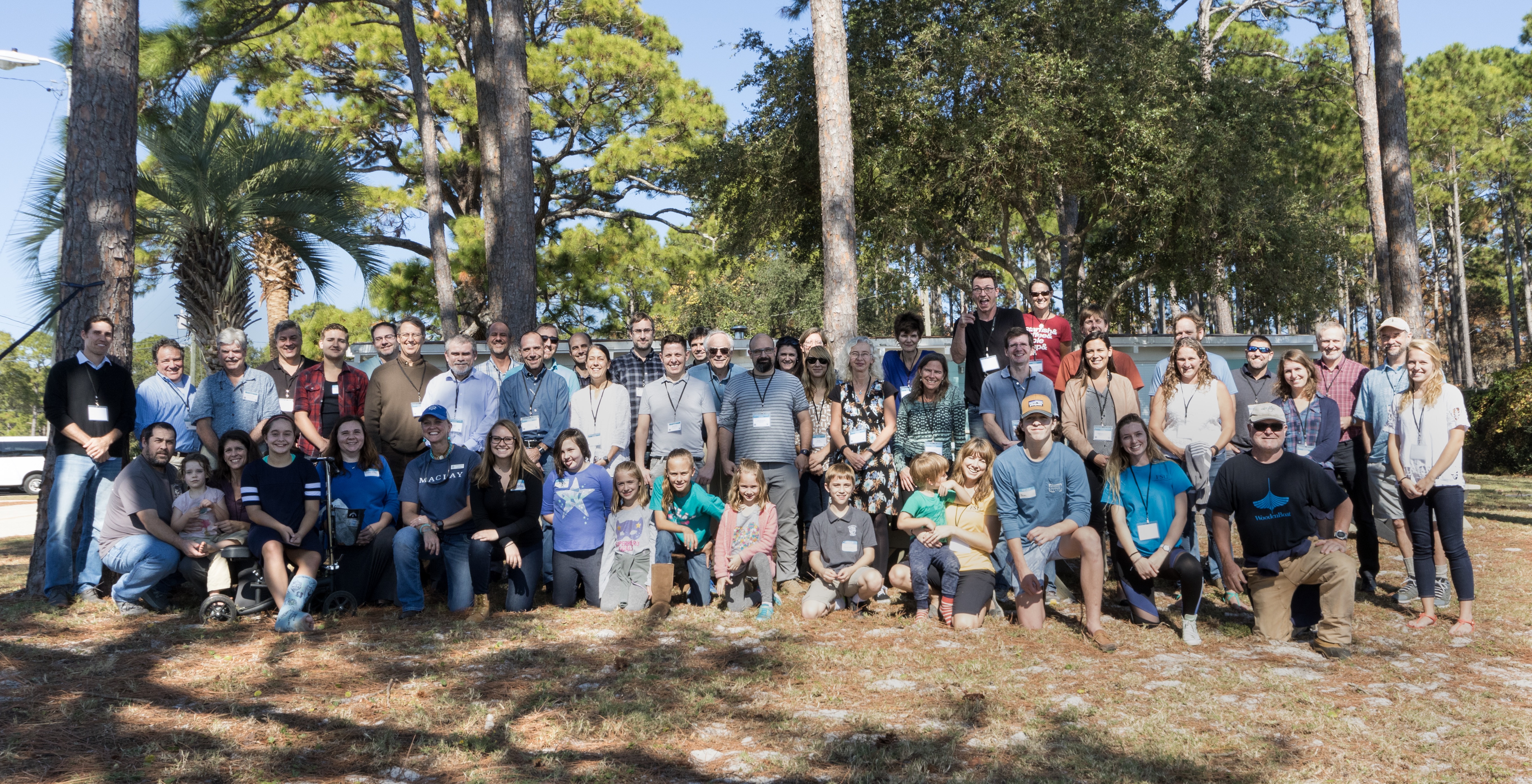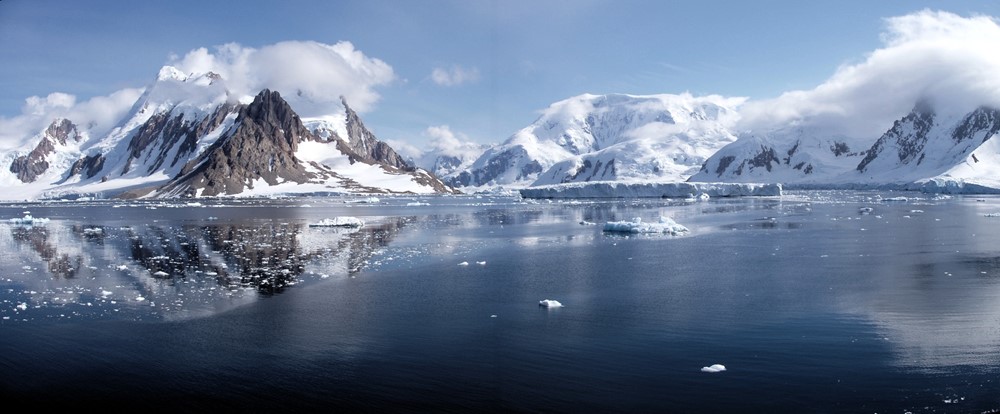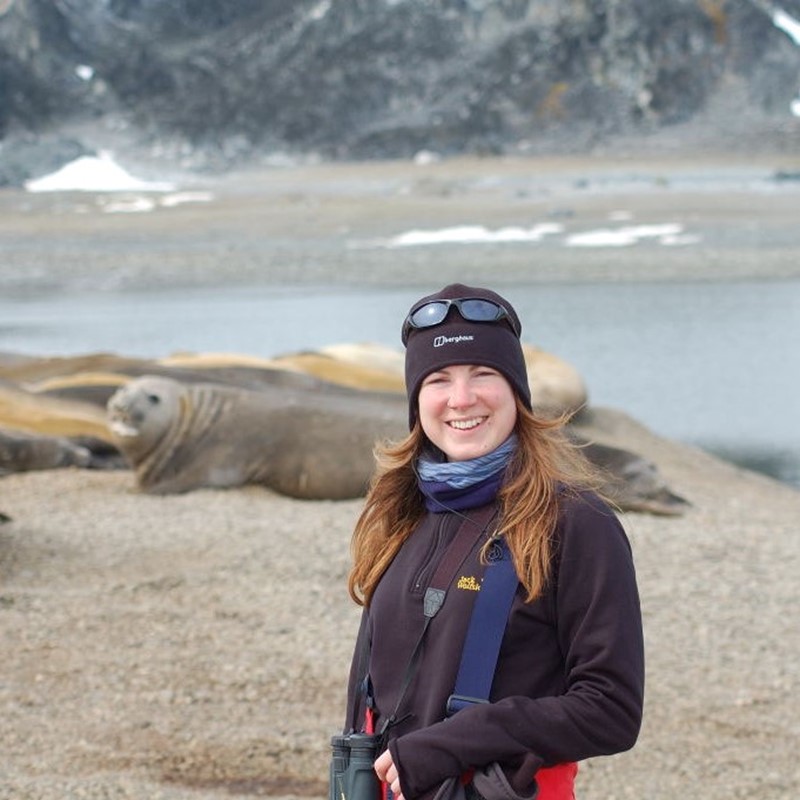
Dr. Emily Dolan
Marine Biologist
- Coral Taxonomy, Ecology and Evolution
- Deep-Sea Biology
- Marine Policy
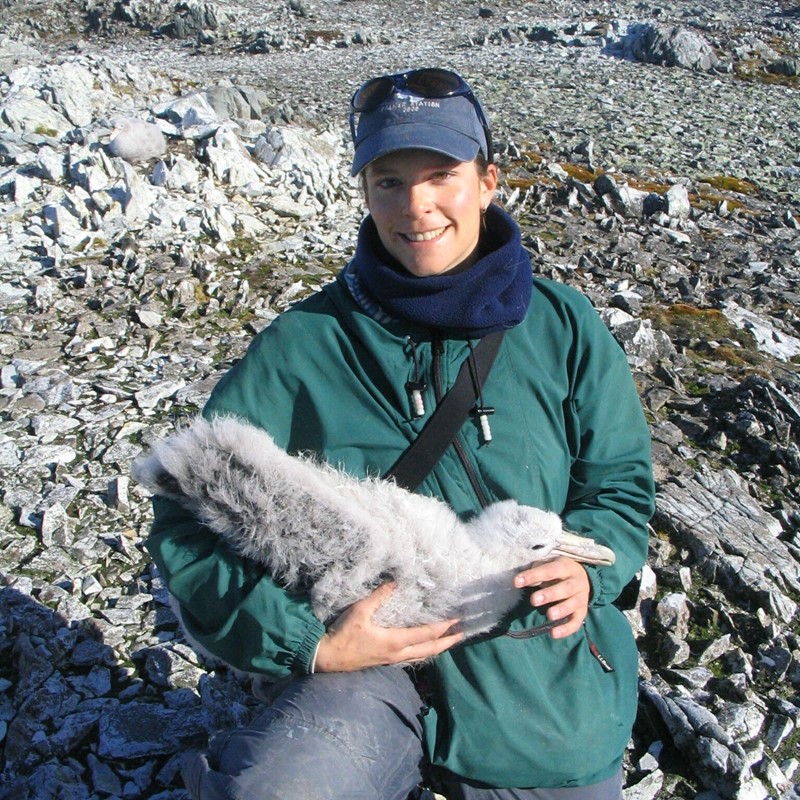
Dr. Heidi Geisz
Marine Biologist
- Seabird Ecology
- Environmental Chemistry
- Marine Policy
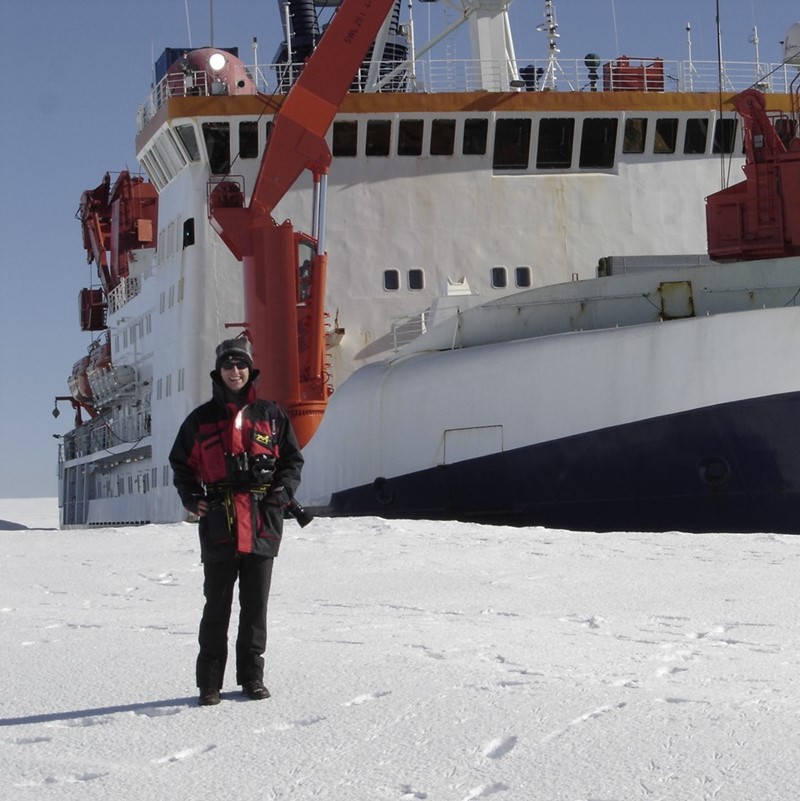
Dr. Jeroen Ingels
Marine Ecologist
- Shallow-Water and Deep-Sea Biodiversity, Ecology and Biogeochemistry
- Environmental Impacts on Marine Ecosystems
- Meiofauna and Nematode Biology and Ecology
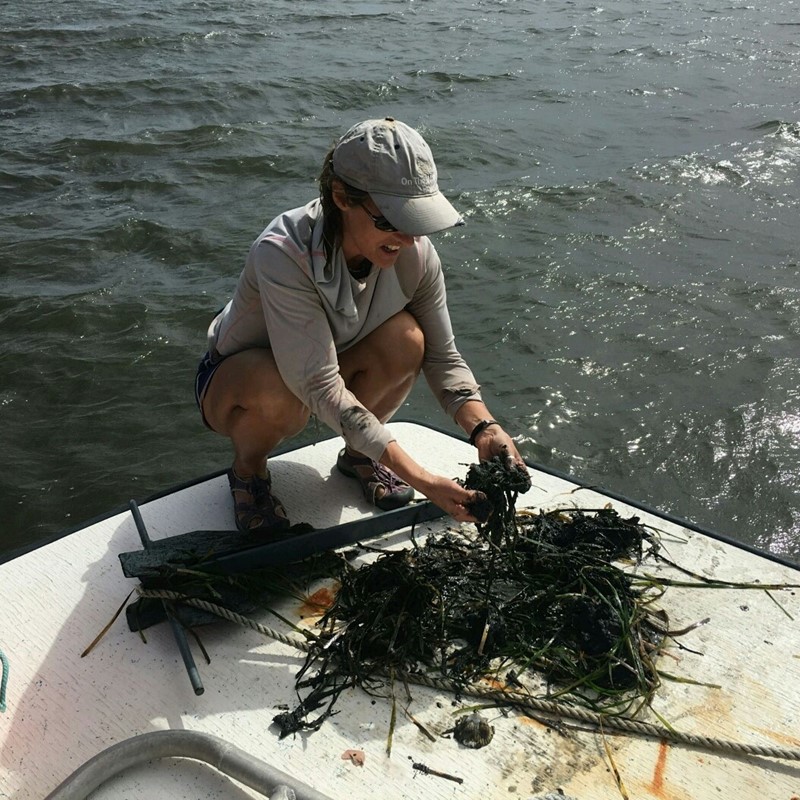
Barbara Shoplock
Marine/Fresh-Water Ecologist
- Environmental Impacts on Marine Invertebrates
- Animal Behavior
- Director Saturday at the Sea (FSU SATS)
- Co-director Young Scholars Program (FSU YSP)
- Office of Science Teaching Activities (FSU OSTA)
Image Gallery - Polar Academy AntICE at local schools and FSUCML
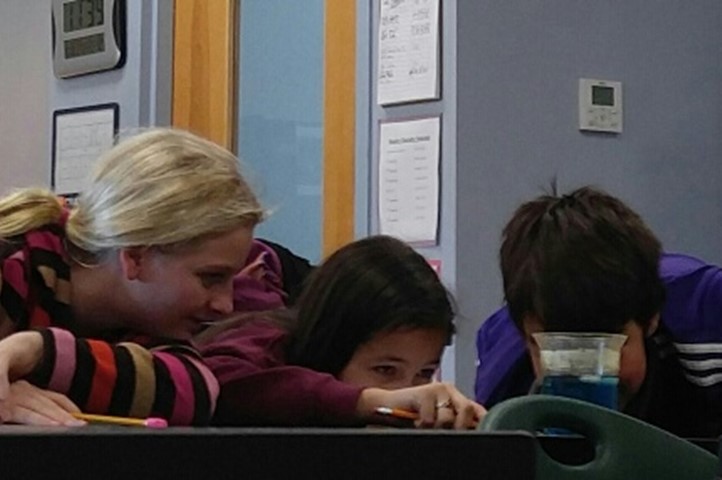
Polar Acadamy Team at School of Arts and Sciences in Tallahassee; recreating a melting iceberg in the class room
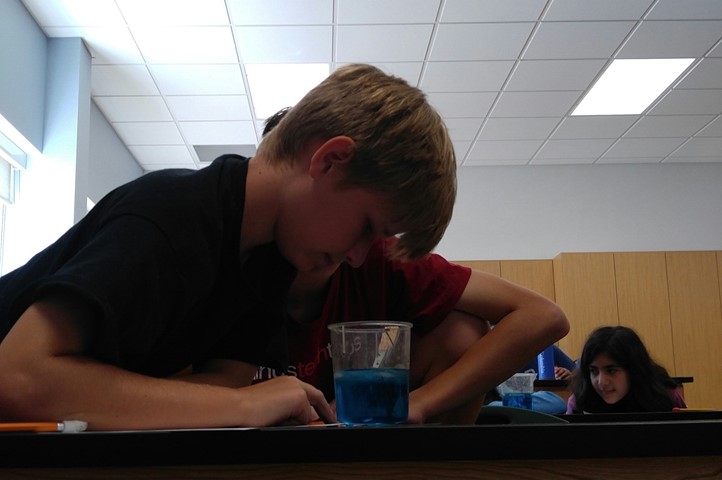
Polar Acadamy Team at School of Arts and Sciences in Tallahassee; recreating a melting ice berg in the class room
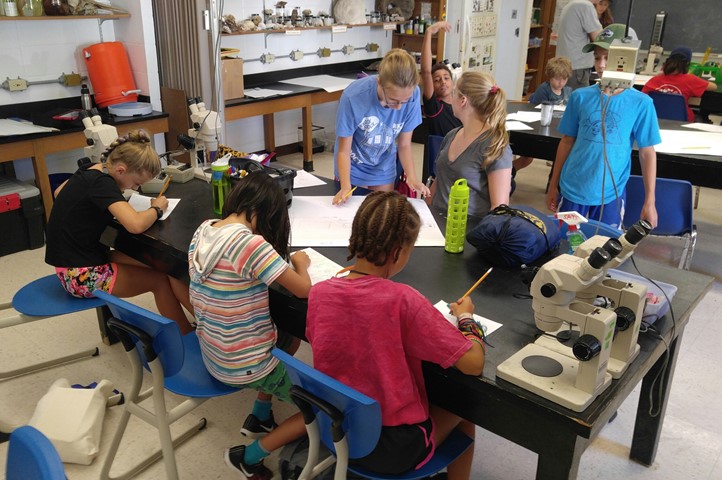
Children from the Cornerstone Learning Community in Tallahassee learning about the Antarctic at the FSU Coastal and Marine Lab
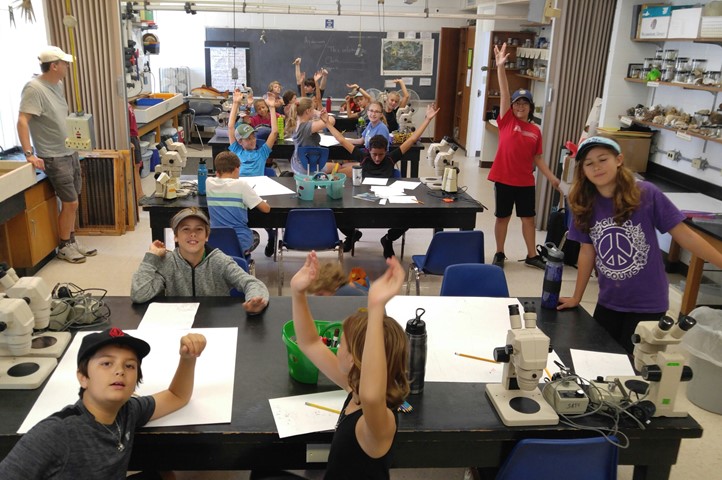
Children from the Cornerstone Learning Community in Tallahassee learning about the Antarctic at the FSU Coastal and Marine Lab
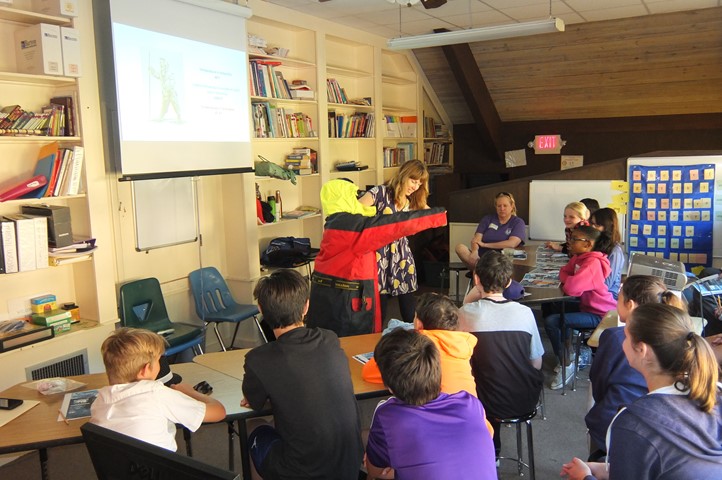
Polar Academy at School of Arts and Sciences in Tallahassee - student trying out the floatation suit for sea-going scientists
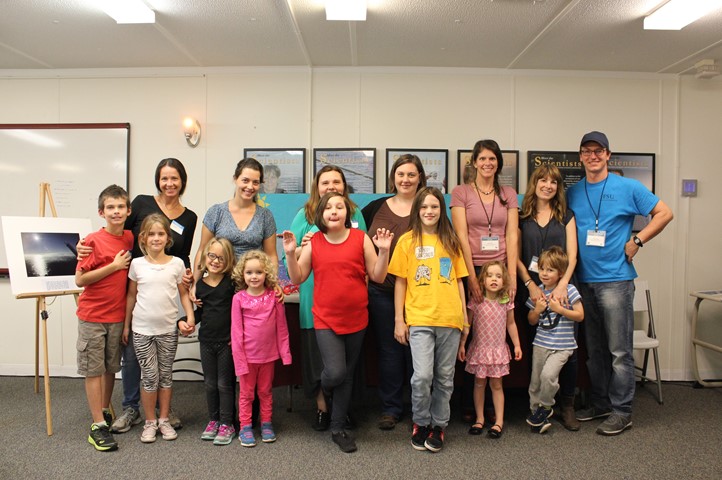
Our local Polar coastal ambassadors from the homeschooling community during the Polar Academy at the FSU Coastal and Marine Lab
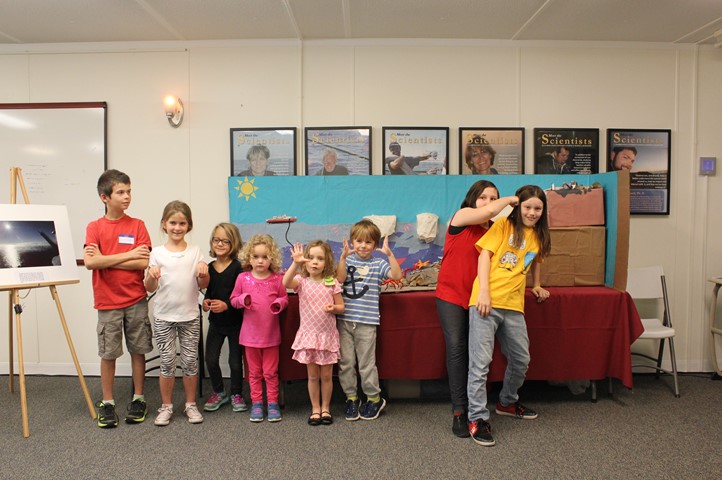
Our local Polar coastal ambassadors from the homeschooling community during the Polar Academy at the FSU Coastal and Marine Lab
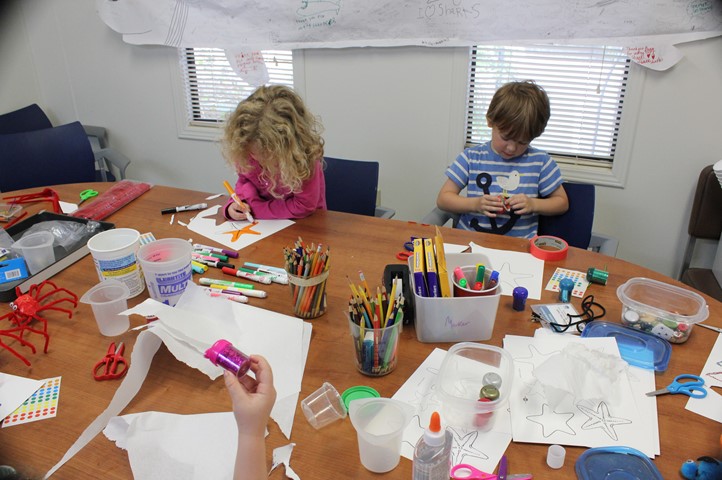
Our local Polar coastal ambassadors from the homeschooling community during the Polar Academy at the FSU Coastal and Marine Lab - crafting away for the Antarctic diorama
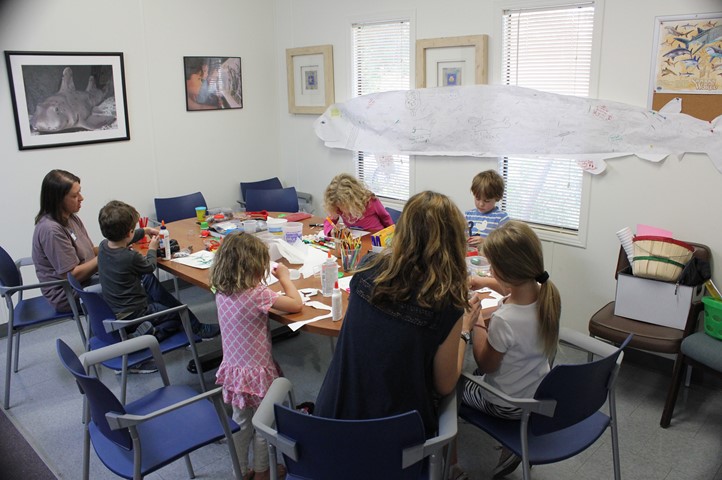
Our local Polar coastal ambassadors from the homeschooling community during the Polar Academy at the FSU Coastal and Marine Lab - crafting away for the Antarctic diorama
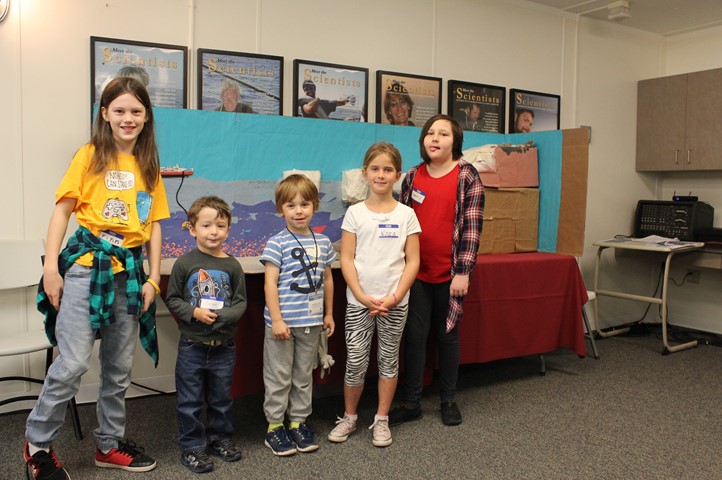
Our local Polar coastal ambassadors from the homeschooling community during the Polar Academy at the FSU Coastal and Marine Lab - posing in front of the Antarctic diorama
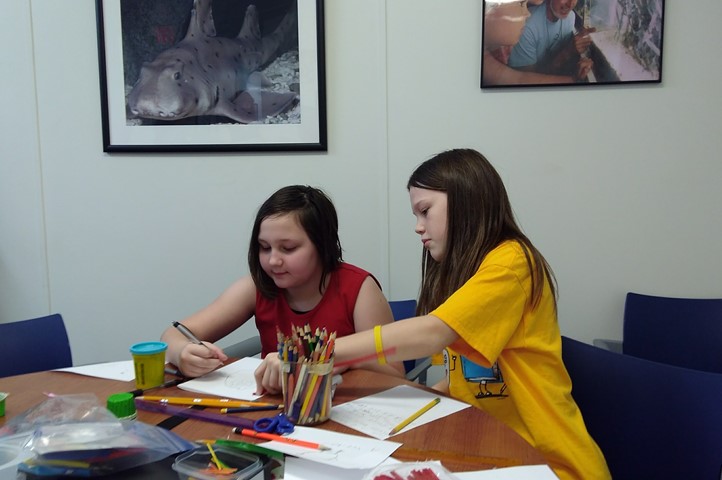
Our local Polar coastal ambassadors from the homeschooling community during the Polar Academy at the FSU Coastal and Marine Lab - drawing Antarctic cartoons
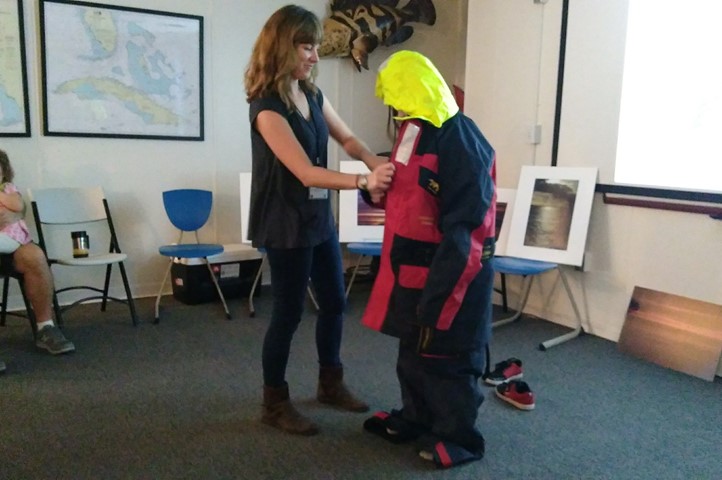
Polar Academy at the FSUCML - participants trying out the floatation suit scientists wear whilst working on deck of research ships
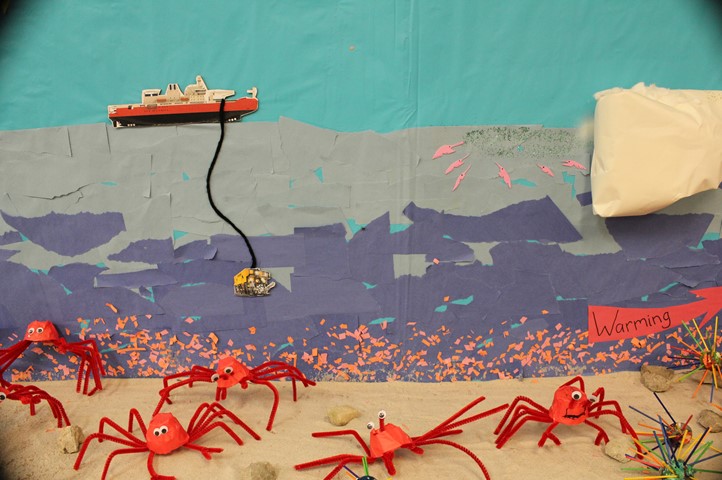
Polar Academy at the FSUMCL - Antarctic diorama with phytoplankton, krill, icebergs, research vessel, ROV, king crabs, sea urchins, drop stones and warming Antarctic circumpolar deep water!
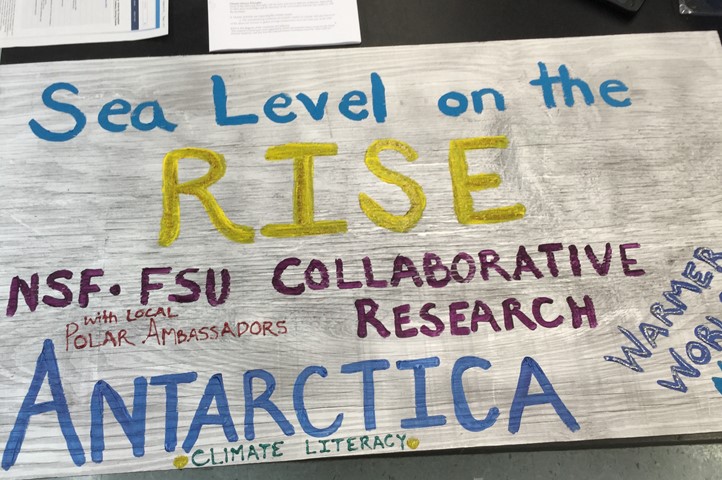
Maclay Middle School working hard on their Polar Academy projects in preparation for the Antarctic Ecosystem Workshop
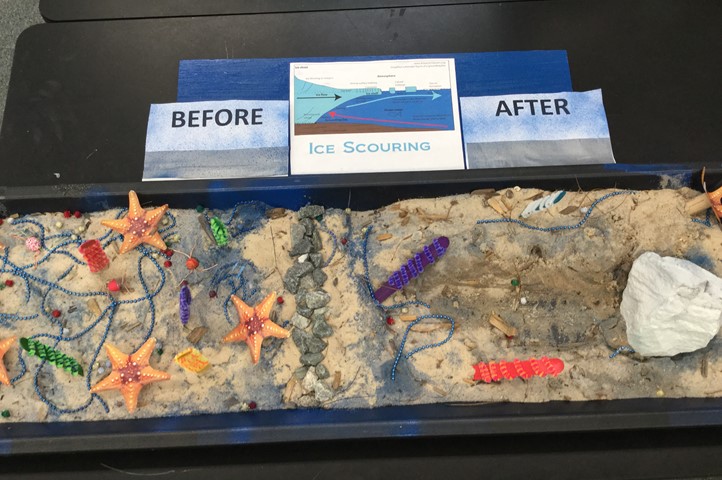
Maclay Middle School working hard on their Polar Academy projects in preparation for the Antarctic Ecosystem Workshop
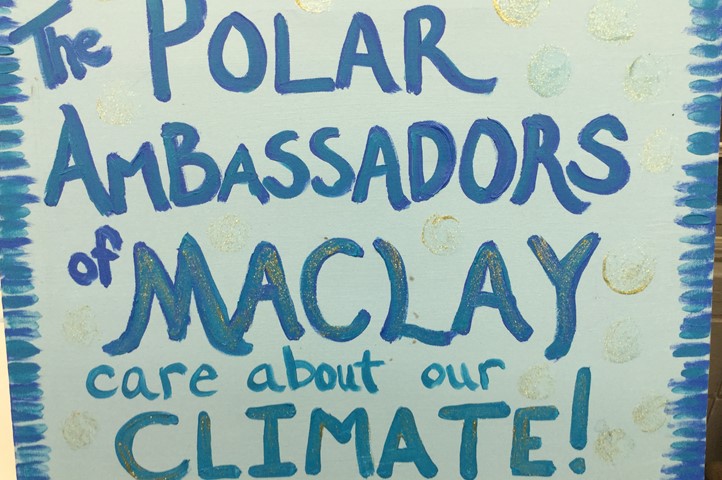
Maclay Middle School working hard on their Polar Academy projects in preparation for the Antarctic Ecosystem Workshop
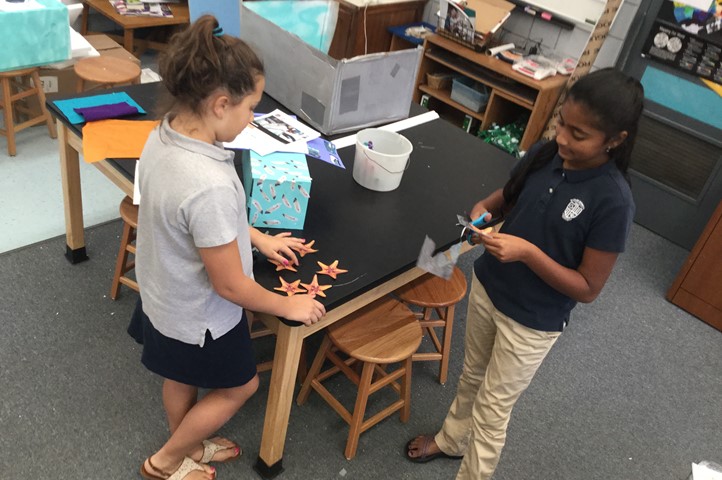
Maclay Middle School working hard on their Polar Academy projects in preparation for the Antarctic Ecosystem Workshop
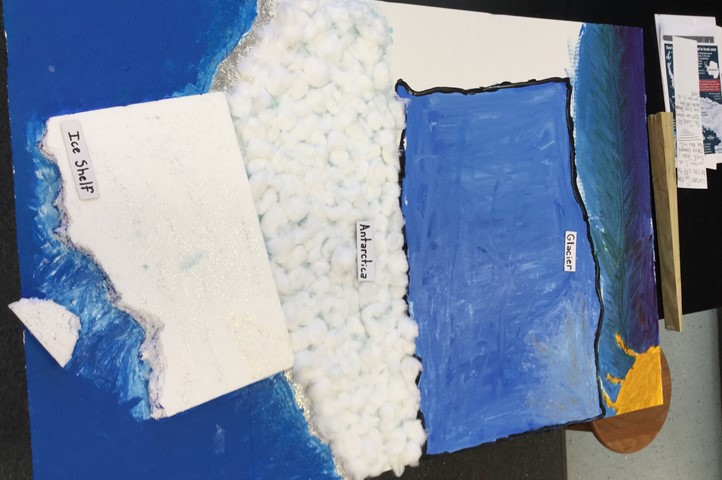
Maclay Middle School working hard on their Polar Academy projects in preparation for the Antarctic Ecosystem Workshop
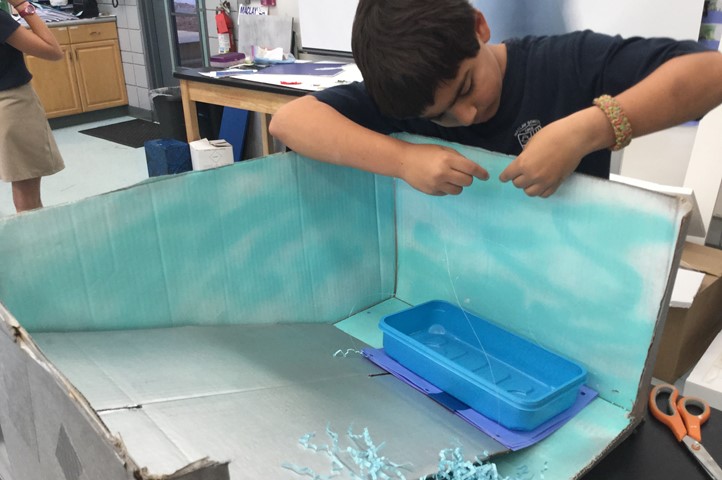
Maclay Middle School working hard on their Polar Academy projects in preparation for the Antarctic Ecosystem Workshop
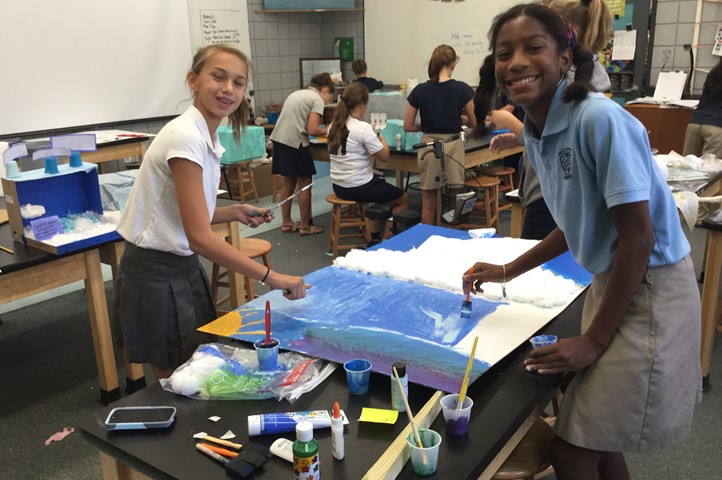
Maclay Middle School working hard on their Polar Academy projects in preparation for the Antarctic Ecosystem Workshop
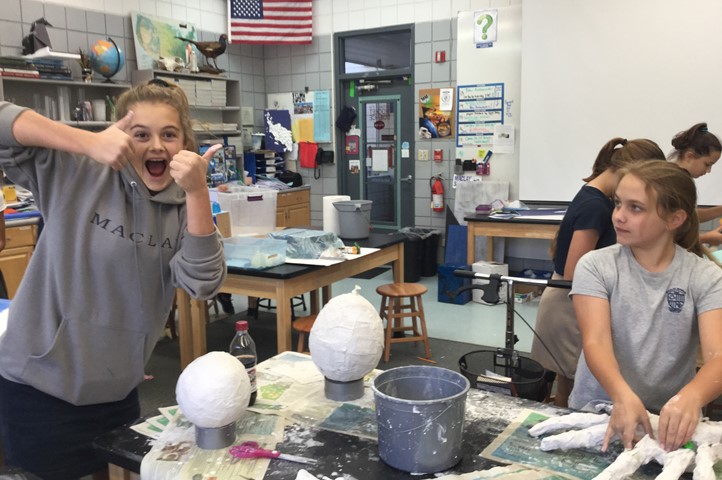
Maclay Middle School working hard on their Polar Academy projects in preparation for the Antarctic Ecosystem Workshop
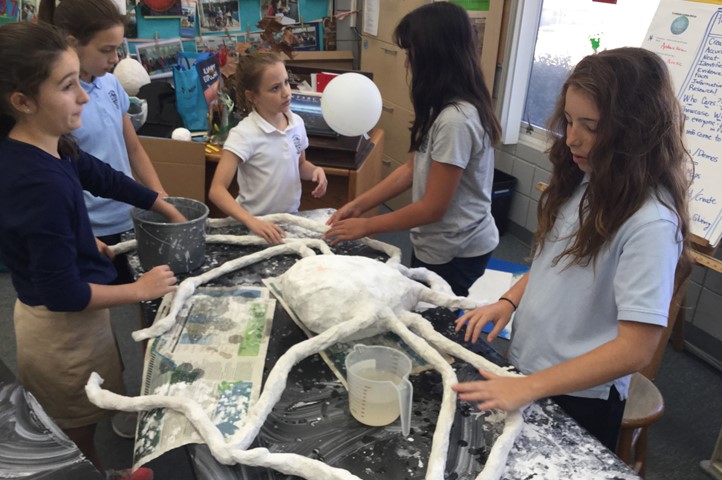
Maclay Middle School working hard on their Polar Academy projects in preparation for the Antarctic Ecosystem Workshop
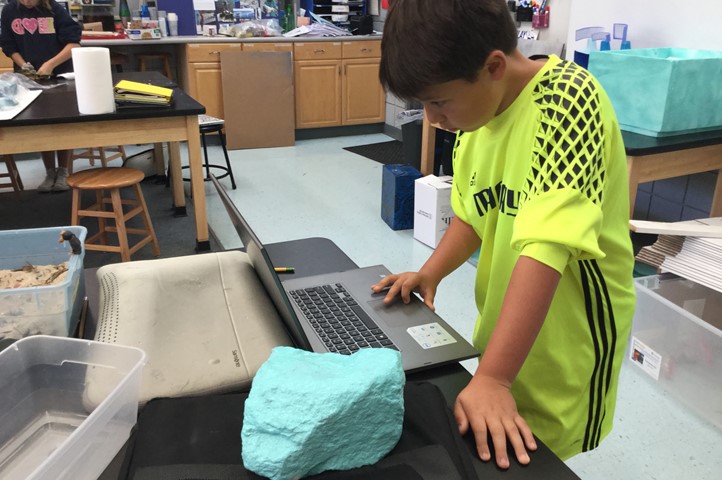
Maclay Middle School working hard on their Polar Academy projects in preparation for the Antarctic Ecosystem Workshop
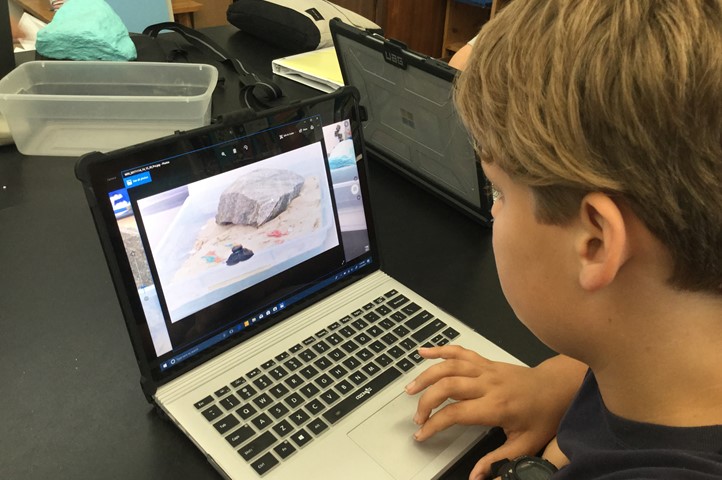
Maclay Middle School working hard on their Polar Academy projects in preparation for the Antarctic Ecosystem Workshop
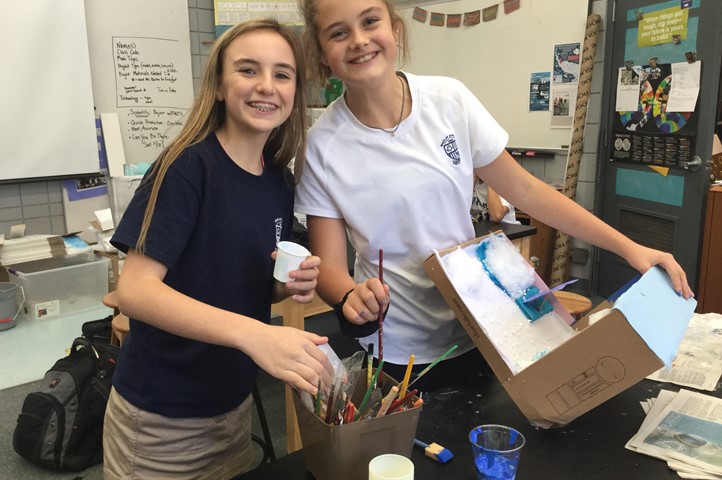
Maclay Middle School working hard on their Polar Academy projects in preparation for the Antarctic Ecosystem Workshop
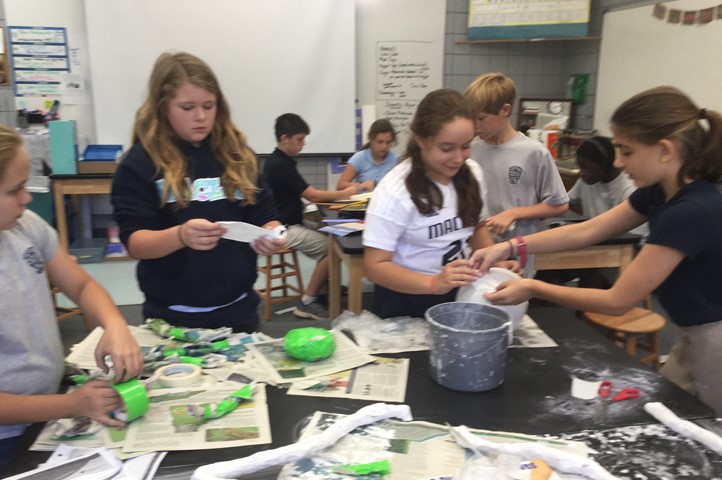
Maclay Middle School working hard on their Polar Academy projects in preparation for the Antarctic Ecosystem Workshop
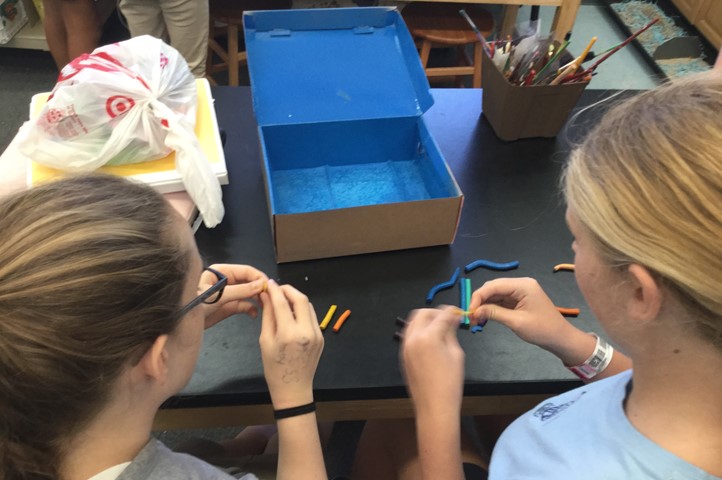
Maclay Middle School working hard on their Polar Academy projects in preparation for the Antarctic Ecosystem Workshop
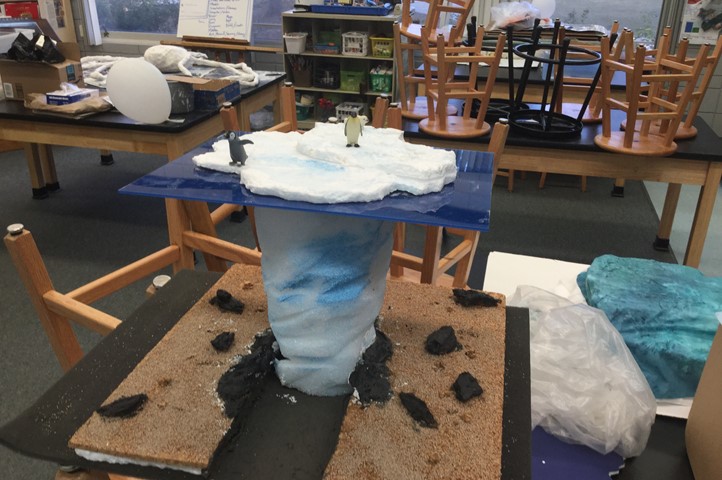
Maclay Middle School working hard on their Polar Academy projects in preparation for the Antarctic Ecosystem Workshop
Image Gallery - Polar Academy AntICE Event at the FSUCML Antarctic Ecosystem Workshop
